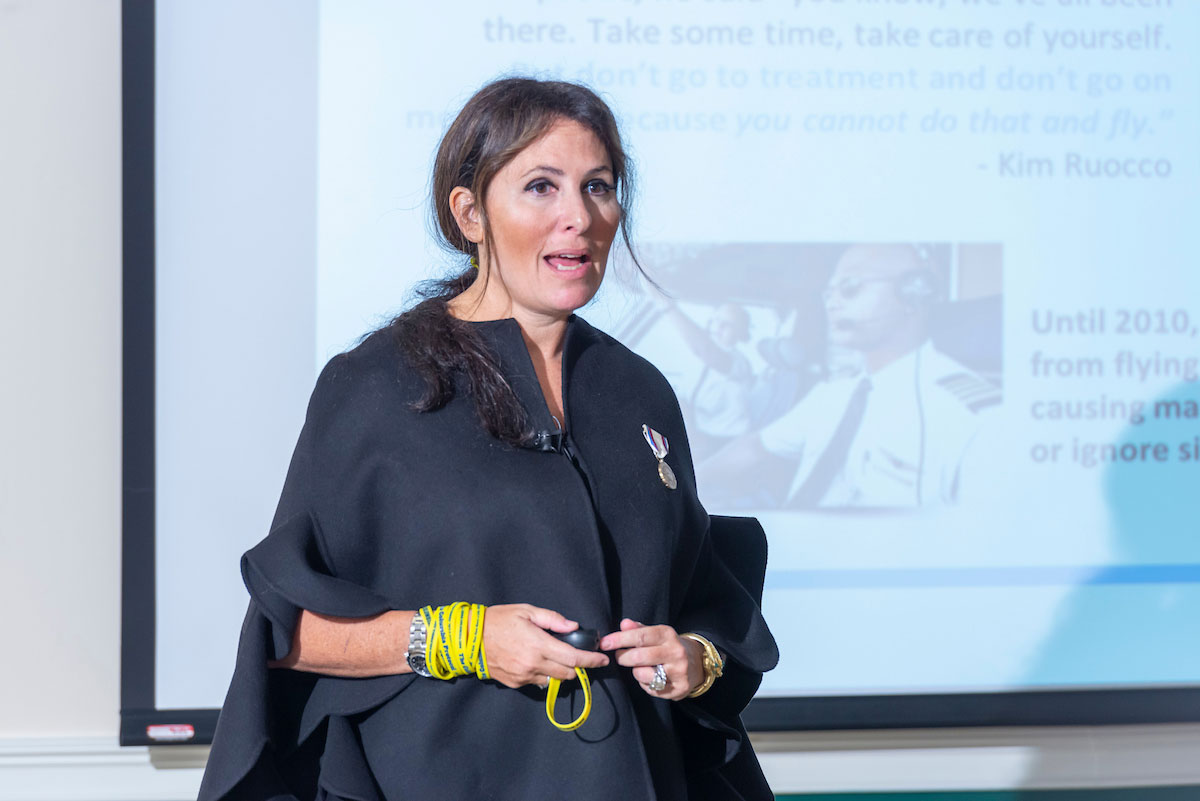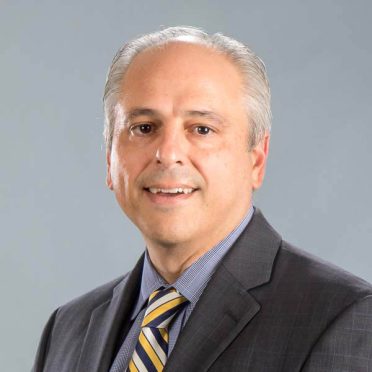Major breakthroughs have been made for many health issues – genetic testing for cancer, antibiotics for infections, new procedures for heart disease.
But what about suicide, which is the 10th-leading cause of death in the United States?
The answer is simple — ask the right questions, according to Kelly Posner, PhD, founder and director of The Columbia Lighthouse Project. The nationally known speaker gave a presentation on “Saving Lives with the Columbia Protocol” Sept. 12 at the Institute of Living in Hartford.
Related: IOL receives $1 million to fund suicide research
The Columbia Protocol, also known as the Columbia-Suicide Severity Rating Scale (C-SSRS), is being implemented across the Hartford HealthCare Behavioral Health Network. It supports suicide risk assessment through a series of simple, plain-language questions that anyone can ask.
The answers help identify whether someone is at risk for suicide, assess the severity and immediacy of that risk, and gauge the level of support that the person needs. Users of the tool ask people:
- Whether and when they have thought about suicide (ideation).
- What actions they have taken — and when — to prepare for suicide.
- Whether and when they attempted suicide or began a suicide attempt that was either interrupted by another person or stopped of their own volition.
“What we need is a culture where no one is afraid to ask,” said Posner, who referenced famous Golden Gate bridge suicide survivor Kevin Hines, who said he wouldn’t have attempted suicide if someone just asked him what was wrong that day.
Hartford HealthCare Behavioral Health Network Physician-in-Chief John Santopietro said having a national thought leader like Posner, who has presented at the White House and in Congressional hearings, during World Suicide Prevention Week activities at the IOL is both motivating and validating.
For example, the Behavioral Health Network now uses the Columbia Protocol, and has a number of initiatives underway through its Zero Suicide initiative including follow up phone calls to patients after they are transitioned from the Institute of Living to home.
Santopietro added that using the Columbia Protocol “is not just another thing to do.” It should be part of the daily work of all healthcare workers and beyond, spread to as many people as possible on numerous platforms, including social media.
While asking the right questions is an important first step, it is only part of suicide prevention, said Posner, who received the Secretary of Defense Medal for Exceptional Public Service following work she did with the U.S. Marines to reduce suicides by 22 percent. The next steps include formal safety plans and “warm” handoffs to ensure people get the help they need.
To register for the Sept. 13 World Suicide Prevention Day Conference at the Institute of Living, click here.
For more information on mental health services offered at the Institute of Living, click here.


